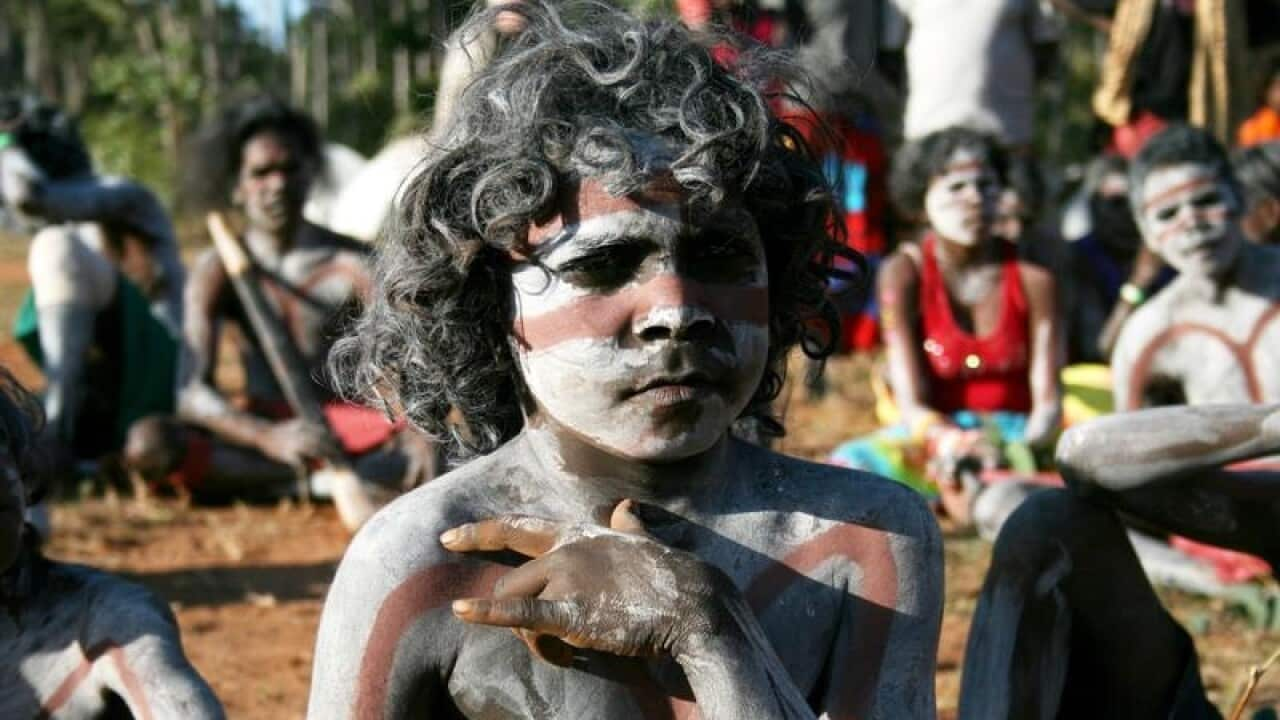As articulated in the Uluru Statement from the Heart, the outcome we are seeking is constitutional reform that ensures our local and regional First Nations voices are heard. This is the key thing: Parliament must listen to us when making laws and policies on our behalf. Without that, things will never improve.
To progress this issue, the Government formed a Parliamentary Joint Select Committee, co-chaired by Patrick Dodson, a respected Indigenous leader and long-time champion of reconciliation, and Julian Leeser, a constitutional conservative who wants to see progress made on this issue. Mr Leeser was also co-founder of the organisation I am now proud to Chair, Uphold & Recognise.
The task of the Committee is to find a way forward on the question of constitutional reform and the Uluru Statement’s call for an Indigenous voice to parliament. The Committee has just delivered its interim report. The final report is due in November 2018.
From what I can see in the media responses to the Committee’s interim report, and from what I hear on the ground, the best outcome for constitutional reform will be a constitutional voice which empowers the local voices of our people. And looking through the submissions on the Committee’s website shows that many Australians support this.
Crucially, our voices must be empowered and guaranteed in the Constitution. Legislation alone is not enough. A constitutional guarantee is what the Uluru statement asks for. We shouldn’t, and won’t, settle for a half-way measure.
This was the message that came through strongly in the dialogues leading up to the Uluru convention last year. Indigenous people want to empower our grassroots, First Nations voices to be heard in our affairs. And polls have told us Australians want to see this unfinished business resolved so we can move forward together.
At Uphold & Recognise, our goal is to support what Indigenous people want, and to find a way of achieving the Uluru Statement’s goals: a constitutionally guaranteed First Nations voice to Parliament, a Makarrata commission to oversee truth telling and agreement-making (treaty), and a declaration of recognition to impress on everyone that this is about healing the wounds of our country’s past and moving forward together.
In the Uphold & Recognise submission, we provided some options for the legal detail, especially around how a voice might work. But while Uphold & Recognise is just contributing some ideas to the debate, it is one of many organisations in a broader coalition that is now collaborating to achieve the substantive constitutional reform called for by the Uluru Statement. Everyone’s ideas are important in this process. This needs to be a team effort. We all need to get involved in this process. We need to think about how we can make this a feature of Australian democracy that we can all be proud of.
In their final report, the Committee will need to think about legislative design issues, and provide options to progress the discussion, particularly to enable further consultation with Indigenous people on how this Voice could work.
While the way forward is far from clear in the Committee’s interim report, Uphold & Recognise will continue to work to provide the detail necessary to help get it right.
This opportunity for constitutional reform is too great to let it slip us by. We have to do this because the country needs to heal. And what better place to start that process than by amending the Constitution, our foundational legal document, to finally recognise Indigenous Australians in a practical way?
I ask the major parties: last year, you asked us how we want to be recognised. Please, listen to our answer. We want to have a constitutionally guaranteed promise that we will be listened to in future. Let that be the promise that the future will be different from the past. Anything less is not enough.
Sean Gordon is the Chair of Uphold & Recognise













